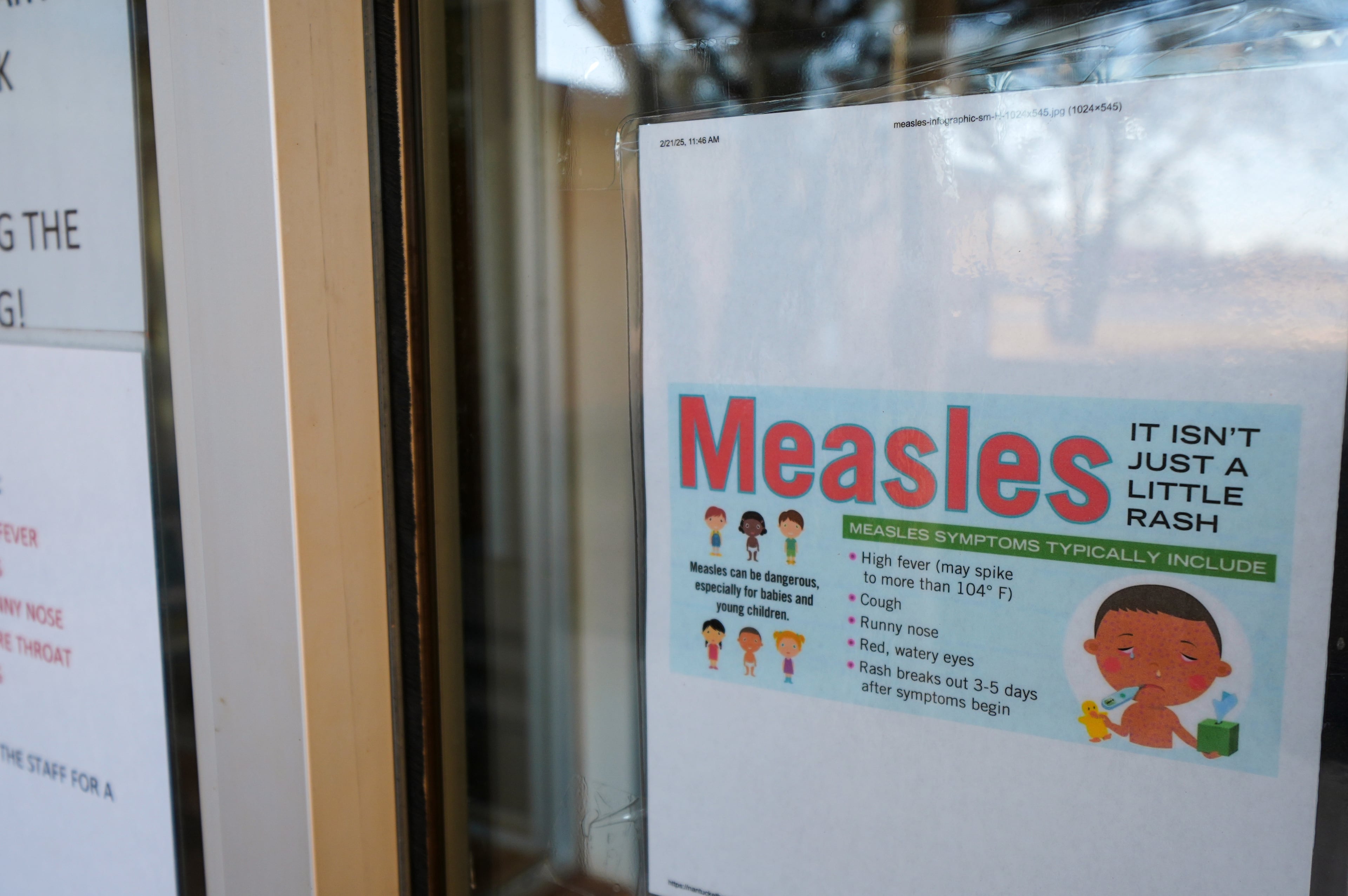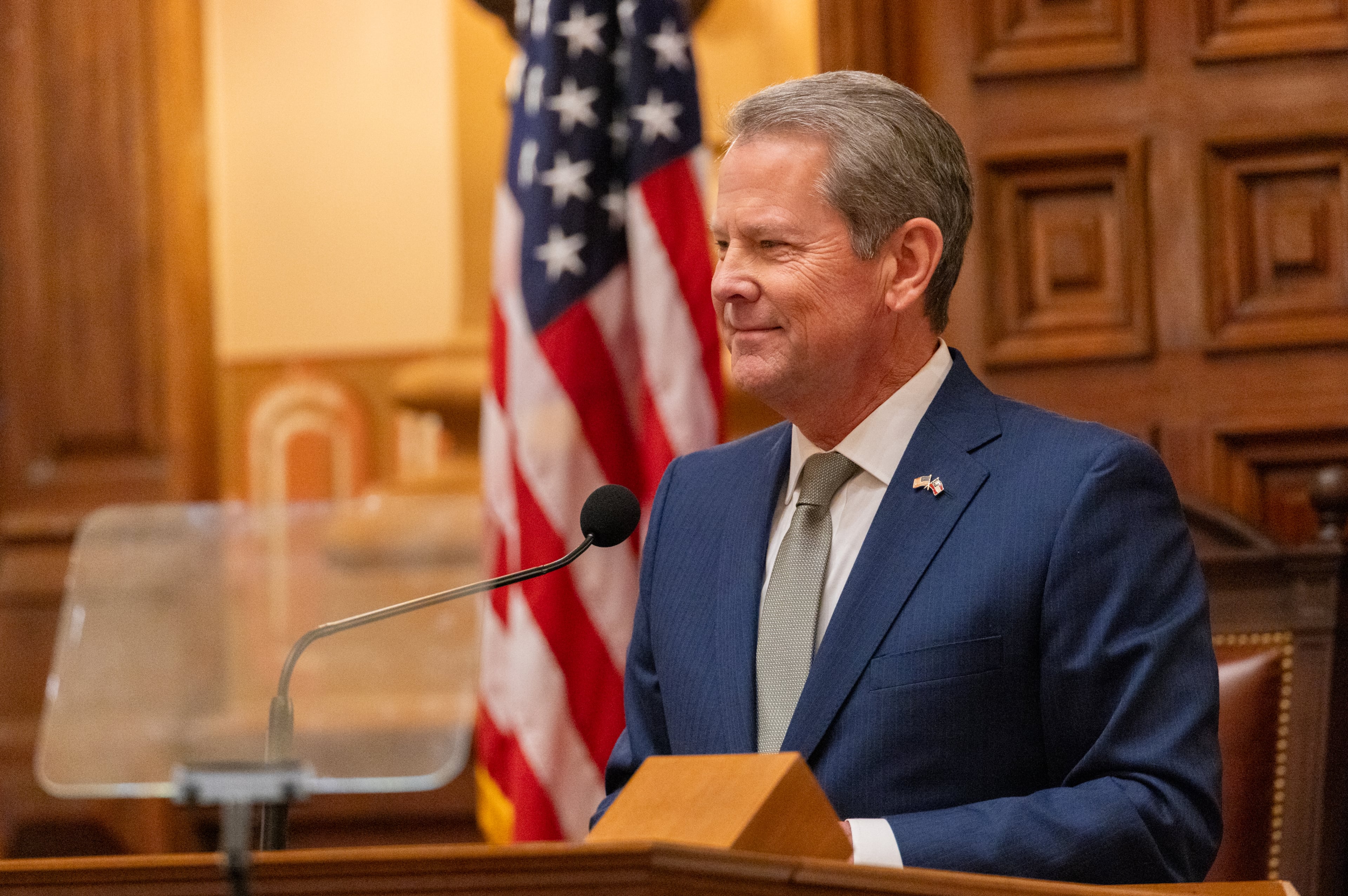Two reasons to be thankful. An unusual organ transplant story.

The Lewis family’s annual Christmas dinner with the Marasco family was in full swing when Jennifer Lewis, milling in the kitchen, glanced at the open doorway and stalled. Her childhood friend, Angela Marasco Cassandra, was there.
Angela’s kidneys were failing, and it showed.
“Her energy, you could just see that it was sucked out of her. Her eyes, the discoloration. Puffy cheeks. Her body looked swollen,” Lewis said of her friend. “It was shocking.”
The holiday gathering that year, more than a decade ago, would eventually lead to the Lewis family saving Angela’s life.
Not once, but twice.
In a time when thousands of kidney patients languish on waiting lists, hoping for an urgent call after an organ donor has passed away, Angela’s family and friends did something different. They joined the slowly growing number of people who donate kidneys for no health reason of their own.

And now the Lewis family has done it twice — for Angela in 2014 and again 11 years later when her donated kidney failed after a bout with COVID.
And the Lewis clan wants other people to know they can do it, too.
Those decisions have led to one of the most unusual live organ transplants in Piedmont Hospital’s history, with the same person receiving a second kidney transplant surgery at the same hospital from donors who are not a part of the patient’s biological family.
The most recent surgery was performed successfully in August.
Dr. Eric Gibney, program director of the Piedmont Transplant Institute, called everything about Angela’s case “super unusual,” including two members of a family being able to donate organs to the same recipient.
“I’ve been here at Piedmont for 16 years,” Gibney said. “I don’t know that I’ve ever seen it happen.”
Softball brings families together
The Lewis and Marasco families became friends over softball.
Decades ago, the parents bonded at St. John Neumann Catholic Church in Lilburn. Kevin Lewis coached the church’s girls team, and the families became close.
Angela’s dream was to become a mom herself and teach elementary school. She was 25 years old when diagnosed with a rare autoimmune disorder called Wegener’s granulomatosis, now known as granulomatosis with polyangiitis, or GPA.
After getting sick, Angela tried to break up with her boyfriend, Daniel Cassandra, to spare him a dying girlfriend. Three times.
They stuck it out, even though the prognosis wasn’t great.
Angela pushed her doctor for answers while waiting for a narrowed diagnosis. The nephrologist would only tell her: “You’re young; you may live.”

Angela was placed on the kidney transplant list in 2010. The wait was five to eight years, so in the mean time, she started dialysis and chemotherapy to suppress her immune system.
Angela and Daniel were married in 2011. One of the Lewis boys, Bryan, sang at their wedding.
By 2013, Angela needed that transplant. Walking into the Lewis’ Christmas party that year made it obvious.
Months after the party, Bryan Lewis told her: “‘I’m going to be your donor.’”
Angela tears up now, remembering those words.
“He saved my life. You know?” she said.
About 90,000 people in the U.S. are waiting for kidney transplant surgery. Thousands more who aren’t on the wait list would also benefit from a transplant, said Dr. Christina Klein, a nephrologist at Piedmont Healthcare, where Angela registered for surgery.
The U.S. does about 25,000 a year, Klein said, limited only by the number of donors. In Georgia, nearly 900 patients received kidney transplants last year, more than 200 of those from living donors, according to the Organ Procurement and Transplantation Network.
Kidney `started working right away’
Bryan Lewis was a 23-year-old tech worker in near-perfect health. He had a job at the Perimeter’s King and Queen buildings, an apartment in Buckhead, a family in his future. He played sports and ran long distance.
From time to time, he sang the national anthem at Braves games.

A kidney from someone like Bryan could last up to 20 years, maybe double the life span of one from a cadaver.
Lewis said he had no hesitation in donating. His girlfriend, soon to be his fiancée, supported the decision. The most vivid memory of the surgery, Lewis said, was hearing from the doctor how well it went.
“And he shared that as soon as they plugged it in, it started making urine, and it made quite a mess for them to clean up,” Lewis said, happily. “It started working right away.”
For Angela, the relief was almost immediate.
Rising to stand on the first or second day, “I felt like all this energy come through my body,” she recalls. “I felt like a new person.”
About a year later, Angela and Daniel began trying to have a baby. It was a somewhat controversial decision because pregnancy can strain the donated organ.

Klein, who works with donors in the transplant program, called it “a very charged issue.”
Angela’s personal life became charged over the decision. Some of her supporters were critical, with one friend cutting off contact.
Bryan Lewis said he supported the pregnancy: It wasn’t his kidney anymore, and he was thrilled for Angela and Daniel.
Klein said the program tries to prepare donors to let go of the organ, walking them through the possibility of the kidney graft failing.
The program also supports donors who drop out at the last moment — which happened to Angela before Bryan became the donor. That self-culling is all part of the process of finding out who really is meant to donate such a personal gift, Klein said.
It’s been 11 years since Bryan’s donation to Angela. He’s married with kids of his own.
Angela and Daniel have a daughter, Avery.
Guided by her doctors, Angela’s donated kidney did fine after the pregnancy, without much damage.
But the story doesn’t end there.

Angela came down with COVID-19 during the pandemic.
COVID is especially dangerous for transplant recipients partly because of their suppressed immune systems. And if a transplant patient does catch COVID, they get much sicker than other patients.
The height of the pandemic “was just a horrible, horrible time” for the transplant program, said Klein. “We had a lot of patients in the ICU. We had a lot of patients die.”
Angela got vaccinated as soon as she could, then went back to teaching.
On the second day of school, she got sick, and it was COVID. She was hospitalized for eight days, and Daniel thought she was going to die. She recovered, but COVID had damaged the kidney, letting high levels of toxins back into her blood again.
Bryan’s kidney had lasted six years at that point. By early 2025, Angela needed another transplant.
Jennifer Lewis, Bryan’s sister and now an architect in California, decided to be the next donor.
“I was like, ‘Oh, I’ll go get tested,’” Jennifer said.
She flew to Georgia, and months of paperwork and testing at Piedmont were compressed into a day. Her kidney was a perfect match.

Jennifer joined a Reddit group of kidney donors. She had a friend who wrote a graduate thesis on kidney donors and told her about the lack of regret the research encountered. She learned that even if her kidney wasn’t a match for Jennifer, she could join a chain of living donors that might free up a kidney that matched her.
“I think Bryan and I kind of felt — not as anxious as other people seemed,” Jennifer said. “And just kind of like, if we’re able to help someone like this, why wouldn’t we?”
Jennifer’s surgery was completed successfully at Piedmont in August, and both she and Angela are doing well.
Jennifer said she also supports Angela’s decision to get pregnant.
“Bryan’s kidney gave her the chance at building her family, living this life that’s authentic to her,” Jennifer said. “And I hope that my kidney gives her more time with Avery.”

EDITOR’S NOTE: This story was updated on November 28, 2025 to include the correct photo of Angela Cassandra with Jennifer Lewis on the day of their surgery.
Georgia transplant centers:
» Children’s Healthcare of Atlanta Arthur M. Blank Hospital: heart, kidney, liver.
» Emory University Hospital: heart, kidney, liver, lung, pancreas
» Wellstar MCG Health with Medical College of Georgia: kidney, pancreas
» Piedmont Hospital: heart, kidney, liver, pancreas
Source: Organ Procurement and Transplantation Network



